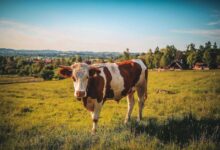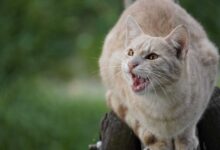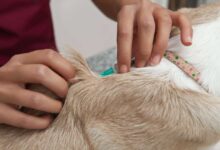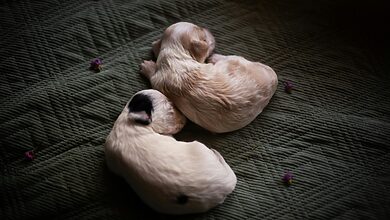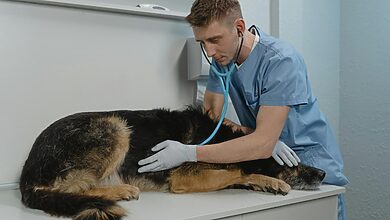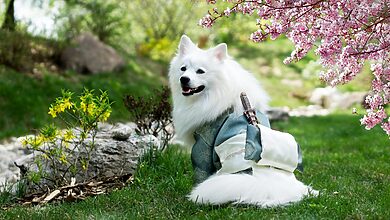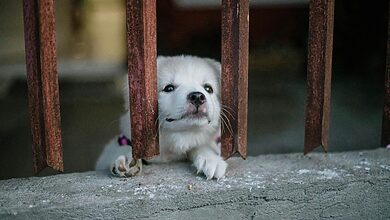Cow Care Guide: Ensuring Health & Happiness for Your Dexter Cattle
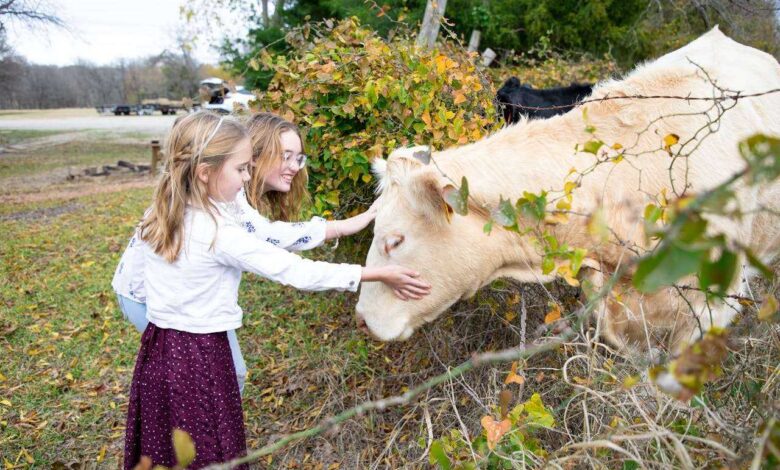
Welcome to the comprehensive Cow Care Guide tailored specifically for Dexter Cattle owners! Whether you’re a seasoned farmer or a novice enthusiast, ensuring the health and happiness of your Dexter Cattle is paramount. These charming and compact bovines have endeared themselves to countless individuals with their gentle demeanor and practical size. However, maintaining their well-being requires diligence, knowledge, and a genuine commitment to their care.
In this guide, we’ll delve into essential aspects of Dexter Cattle husbandry, from nutrition and housing to health management and enrichment. By understanding their unique characteristics and implementing best practices, you’ll not only optimize the physical health of your herd but also nurture their emotional well-being. Whether you’re raising Dexters for meat, milk, or simply companionship, the principles outlined here will serve as a blueprint for fostering a thriving and contented herd.
Understanding Their Unique Characteristics
- An overview of Dexter cattle, their history, and distinctive traits.
- Exploring the popularity of Dexters as small, versatile breeds for hobby farmers and homesteaders.
Dexter Breed Characteristics: Size, Temperament, and Adaptability
- Detailing the compact size, gentle disposition, and hardy nature of Dexter cows.
- Highlighting their adaptability to various climates and suitability for small-acreage farming.
Dexter Cow Varieties: Black, Red, and Dun Colors
- Discussing the different color variations of Dexter cattle and their genetic characteristics.
- Exploring breed standards and preferences among Dexter enthusiasts.
Shelter and Housing Requirements
- Designing appropriate shelter options to protect Dexter cows from the elements.
- Ensuring sufficient space and ventilation in barns or shelters.
Barn Design and Layout: Optimal Space for Dexter Cattle
- Outlining ideal barn layouts and stall dimensions for Dexter cows.
- Considering factors such as ventilation, lighting, and bedding materials.
Pasture Management: Rotational Grazing and Forage Options
- Implementing rotational grazing systems to optimize pasture utilization and health.
- Selecting suitable forage varieties and managing pasture rotation schedules.
Nutritional Needs
- Understanding the dietary requirements and nutritional considerations for Dexter cattle.
- Balancing pasture grazing with supplemental feed to meet their energy and nutrient needs.
Forage Quality: Testing and Monitoring Pasture Nutrition
- Utilizing forage testing to assess nutrient levels and adjust supplementation as needed.
- Ensuring access to clean water sources and mineral supplements.
Feed Options: Choosing Appropriate Rations for Dexter Cows
- Selecting high-quality hay, silage, or grain supplements to complement pasture diets.
- Avoiding overfeeding and managing feed storage to prevent spoilage.
Healthcare and Disease Prevention
- Implementing proactive healthcare measures to prevent common illnesses and ailments.
- Establishing a routine veterinary care schedule and monitoring herd health.
Vaccination Protocols: Essential Immunizations for Dexter Cattle
- Identifying key vaccinations recommended for Dexter cows, including clostridial diseases and respiratory infections.
- Following vaccination schedules recommended by veterinarians.
Parasite Control: Strategies for Managing Internal and External Parasites
- Implementing deworming protocols and parasite control measures to safeguard Dexter cow health.
- Monitoring for signs of parasitic infestations and adjusting management practices accordingly.
Breeding and Reproduction Management
- Guidelines for responsible breeding practices and reproductive management.
- Optimizing fertility and ensuring successful calving outcomes.
Breeding Considerations: Selecting Suitable Sires and Dams
- Evaluating breeding stock traits and genetic diversity to maintain herd health and productivity.
- Planning breeding schedules and managing mating arrangements.
Pregnancy Care: Monitoring Gestation and Providing Prenatal Support
- Monitoring pregnancy progress and providing appropriate nutrition and care for pregnant Dexter cows.
- Preparing for calving and assisting with birthing as needed.
Training and Handling
- Establishing positive handling practices to ensure Dexter cow safety and welfare.
- Training Dexter cattle for basic handling and husbandry procedures.
Halter Training: Teaching Dexter Cows to Lead and Respond to Commands
- Step-by-step instructions for halter training Dexter cattle to lead calmly and follow cues.
- Building trust and confidence through positive reinforcement techniques.
Desensitization and Socialization: Exposing Dexter Cows to New Environments
- Gradually introducing Dexter cows to various stimuli and environments to minimize stress.
- Promoting socialization with humans and other animals to foster calm behavior.
Dexter Cow Enrichment
- Providing enrichment activities to prevent boredom and encourage natural behaviors.
- Incorporating play and environmental stimulation into Dexter cow management.
Enrichment Toys and Structures: DIY Options for Dexter Cow Entertainment
- Creating homemade enrichment toys and structures using safe materials.
- Offering opportunities for Dexter cows to explore, graze, and interact with their environment.
Environmental Enrichment Strategies: Enhancing Pasture Diversity and Complexity
- Implementing rotational grazing systems and pasture enrichment practices.
- Introducing obstacles, hiding spots, and novel stimuli to stimulate Dexter cow curiosity.
Dexter Cow Behavior and Communication
- Interpreting Dexter cow vocalizations, body language, and social interactions.
- Building rapport and communication skills to better understand Dexter cow needs.
Social Dynamics: Hierarchies, Bonds, and Group Interactions
- Observing social structures within Dexter cow herds and understanding dominant-subordinate relationships.
- Facilitating positive interactions and minimizing aggression through proper herd management.
Communication Cues: Recognizing Signs of Distress, Contentment, and Alertness
- Learning to interpret Dexter cow vocalizations, facial expressions, and body postures.
- Responding appropriately to signs of stress, discomfort, or illness.
Dexter Cow Grooming and Maintenance
- Establishing grooming routines and hygiene practices to maintain Dexter cow health and appearance.
- Addressing common grooming tasks and maintenance needs.
Coat Care: Brushing, Bathing, and Preventing Skin Issues
- Brushing Dexter cow coats regularly to remove dirt, debris, and loose hair.
- Preventing skin conditions such as rain scald and ringworm through proper grooming and hygiene.
Hoof Health: Trimming, Inspecting, and Preventing Lameness
- Regularly inspecting Dexter cow hooves for signs of overgrowth, cracks, or injury.
- Scheduling hoof trimming appointments as needed to maintain optimal hoof health.
Dexter Cow Training for Work and Show
- Preparing Dexter cattle for work tasks, shows, and exhibitions through training and conditioning.
- Showcasing Dexter cow talents and skills in various settings.
Obedience Training: Teaching Dexter Cows to Respond to Voice and Hand Signals
- *Using positive reinforcement techniques to train Dexter cows for specific tasks and commands.*
- Building trust and cooperation through consistent training and rewards.
Showmanship Skills: Presentation and Performance in Show Ring Settings
- Practicing showmanship techniques to present Dexter cows effectively in show ring settings.
- Highlighting breed characteristics and showcasing Dexter cow conformation and demeanor.
Dexter Cow Community and Resources
- Exploring opportunities to connect with other Dexter cow owners and enthusiasts.
- Accessing valuable resources, organizations, and online communities for support and information.
Dexter Cow Associations and Clubs: Networking and Educational Opportunities
- Joining local and national Dexter cow associations to connect with breeders and enthusiasts.
- Participating in events, shows, and educational programs to expand knowledge and skills.
Online Forums and Social Media Groups: Sharing Experiences and Seeking Advice
- Engaging with online forums, social media groups, and discussion boards dedicated to Dexter cattle.
- Seeking advice, sharing experiences, and building relationships with fellow Dexter cow owners.
Nurturing Your Dexter Cow Companion
- Summarizing key points and emphasizing the importance of responsible Dexter cow care.
- Celebrating the joys and rewards of nurturing a happy, healthy Dexter cow companion.
FAQs: Cow Care Guide
Q. What makes Dexter cows suitable for small farms and homesteads?
- Explaining the compact size, gentle disposition, and dual-purpose capabilities of Dexter cattle.
Q. How often should Dexter cows receive veterinary check-ups?
- Providing guidance on establishing a routine veterinary care schedule and monitoring herd health.
Q. What types of enrichment activities are suitable for Dexter cows?
- Offering suggestions for DIY enrichment toys, pasture diversification, and environmental stimulation.
Q. Can Dexter cows be trained for work or show purposes?
- Discussing the training process for Dexter cows, including obedience training and showmanship skills.
Q. Where can I find reputable Dexter cow breeders and resources?
- Directing individuals to Dexter cow associations, online forums, and social media groups for networking and support.

